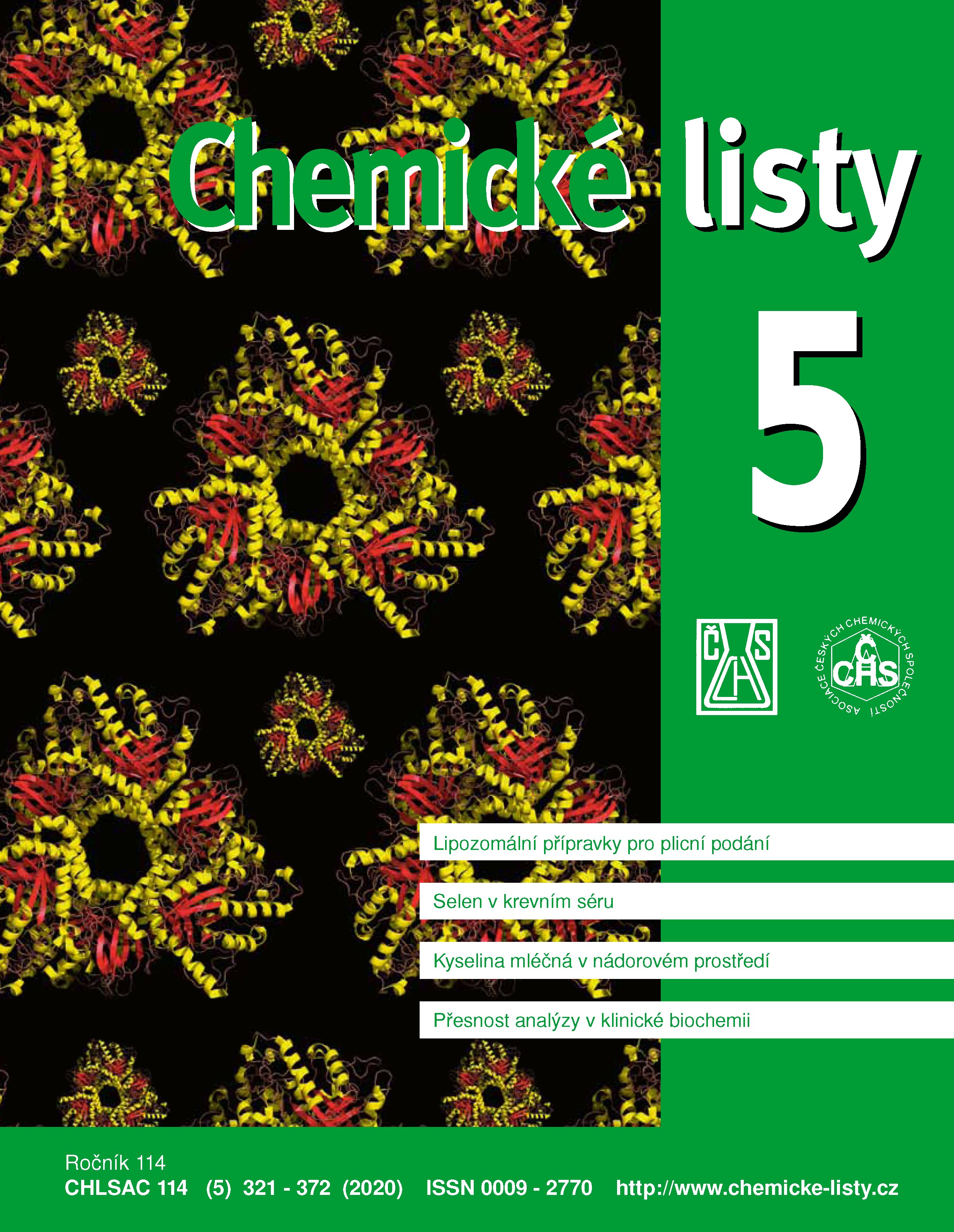Evaluation of Biocorrosion of Cement Mortars with Blast Furnace Slag by Thermal Analysis
Keywords:
cement composites, blast furnace slag, biological corrosion, hydration degree, portlandite, thermal analysisAbstract
Composite samples made with Portland cement and with various portions of blast furnace slag, exposed to aggressive bacterial medium for 12 months, were investigated. Based on the knowledge that calcium hydroxide is the least stable product of cement hydration, thermal analysis was utilized in order to identify the leaching characteristic of vital calcium hydroxide from the composite matrix. The results, expressed in the terms of hydration degree and the amount of free portlandite in studied samples, showed a positive impact of the addition of granulated blast furnace slag. This study confirms that thermal analysis is a useful and appropriate tool for studying degradation changes of the cement-based composites with pozzolanic materials.





